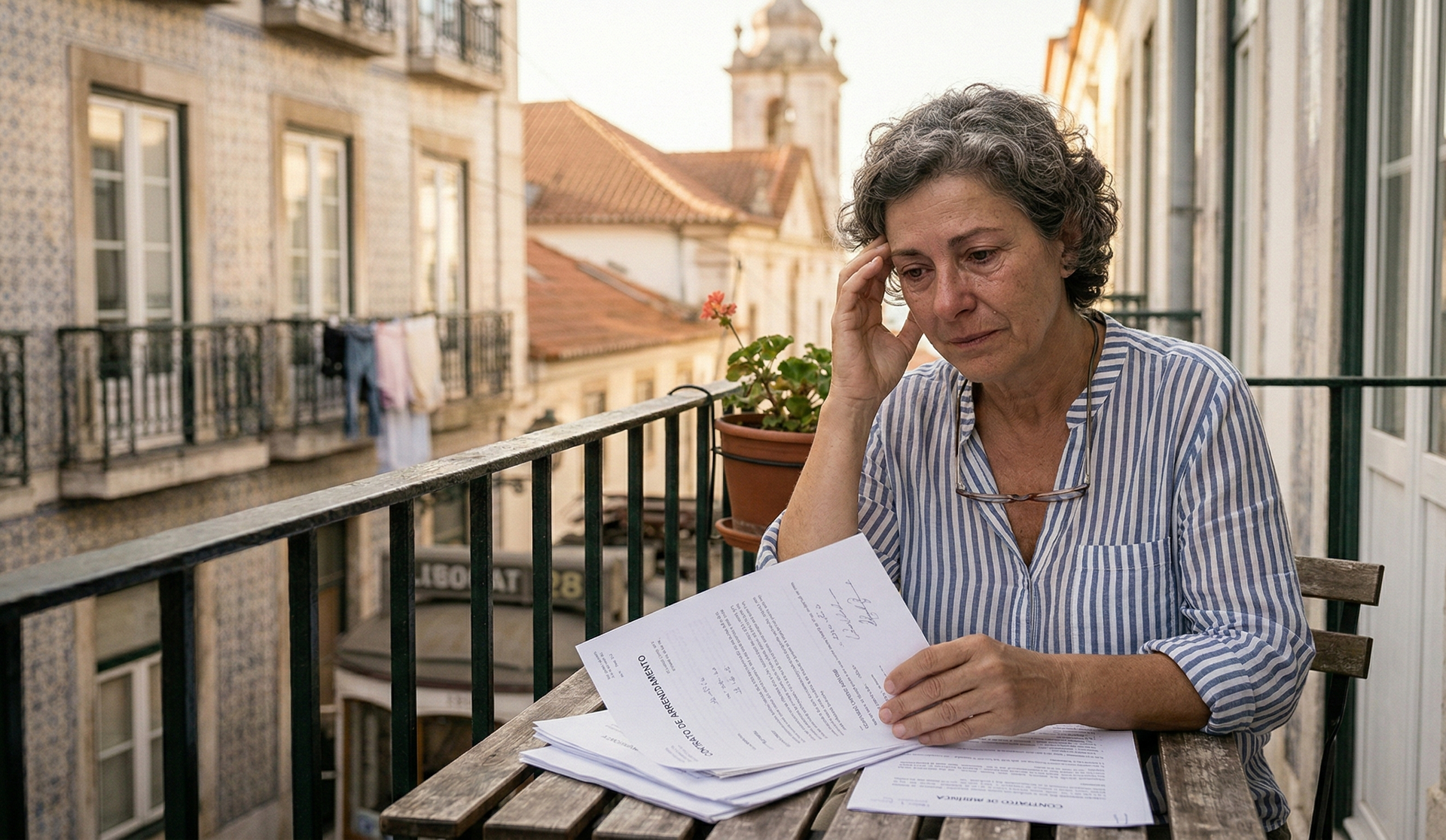Buying Property in Portugal: What Every Investor Should Know

Tomás Melo Ribeiro | Lawyer
Buying real estate in Portugal is both a lifestyle choice and a financial investment. Whether the goal is relocation, a holiday home, or a long-term investment, the purchase must be handled with legal precision. A structured approach ensures that the transaction is valid, compliant with Portuguese law, and protected from unforeseen complications. From the first stage of legal due diligence to the execution of the final deed, every step plays a crucial role in safeguarding the buyer’s interests.
1. Legal Due Diligence
The cornerstone of a safe acquisition is a comprehensive legal due diligence. This stage is not a simple review of papers, but a careful legal and factual analysis designed to reveal any risk before the buyer commits.
The review typically includes confirming that the seller is the rightful owner and has full authority to sell. It involves checking whether the property is affected by encumbrances, pending disputes, or rights of third parties. Compliance with planning and construction rules must also be verified to ensure that the property matches what is legally authorised.
Equally important is the assessment of the physical reality. The legal record should correspond to the property on the ground, and any alterations or works must be properly regularised. Fiscal aspects such as municipal property taxes, condominium charges, and other obligations also form part of this stage.
Due diligence is, therefore, the buyer’s opportunity to obtain clarity. If irregularities are identified, they can be addressed before moving forward, either through corrective actions or contractual protections. This careful preparation creates the foundation for a secure transaction.
2. Promissory Contract of Purchase and Sale (Contrato-Promessa de Compra e Venda – CPCV)
Once due diligence provides a satisfactory picture, the parties usually enter into a Promissory Contract of Purchase and Sale (Contrato-Promessa de Compra e Venda – CPCV). This agreement is much more than a preliminary step. It secures the buyer’s right to acquire the property and regulates the obligations of both sides until closing.
A well-drafted CPCV should reflect the results of due diligence and include safeguards tailored to the property in question. Conditions may be established that must be fulfilled before completion, such as the resolution of identified issues or the confirmation of financing. The contract can also include remedies in case of non-compliance, offering the buyer legal security if the seller fails to perform.
By structuring this stage carefully, the buyer reduces uncertainty and ensures that the property will be delivered in the condition and legal situation expected. This makes the CPCV one of the most strategic moments in the entire acquisition process.
3. Final Deed of Purchase and Sale (Escritura Pública de Compra e Venda) or Authenticated Private Document (Documento Particular Autenticado)
The transaction is usually concluded with the Final Deed of Purchase and Sale (Escritura Pública de Compra e Venda), which formally transfers ownership. Traditionally, this deed is signed before a notary or registrar, followed by the registration of the buyer’s title at the Land Registry and the payment of applicable taxes, such as the municipal transfer tax (IMT) and stamp duty.
However, Portuguese law also allows the transaction to be formalised through an Authenticated Private Document (Documento Particular Autenticado – DPA). This document, when authenticated by a lawyer, solicitor, or notary, has the same legal force as a public deed and is fully valid for registration purposes. In many cases, it is faster and may be more cost-effective, while ensuring the same legal protection.
Recent reforms, such as the Simplex Urbanístico, have simplified certain municipal requirements at closing. While this reduces bureaucracy, it also shifts greater responsibility onto the parties. Buyers and their legal advisors must be even more attentive to verifying compliance in advance, since not all checks that were once mandatory at closing are now required. In practice, this places even more weight on the quality of the due diligence and the protections negotiated at the CPCV stage.
Conclusion
Purchasing property in Portugal should never be approached as a purely administrative task. It is a layered legal process that requires foresight, negotiation, and technical expertise. The combination of thorough due diligence, a carefully structured Promissory Contract of Purchase and Sale (Contrato-Promessa de Compra e Venda), and the precise execution of either a Final Deed of Purchase and Sale (Escritura Pública de Compra e Venda) or an Authenticated Private Document (Documento Particular Autenticado) ensures that the buyer’s investment is both secure and transparent.
With experienced legal counsel guiding the process, investors can enter the Portuguese real estate market with confidence. Proper preparation not only eliminates risks but also allows buyers to focus on the opportunities that Portugal offers, knowing that their investment rests on a solid legal foundation.










